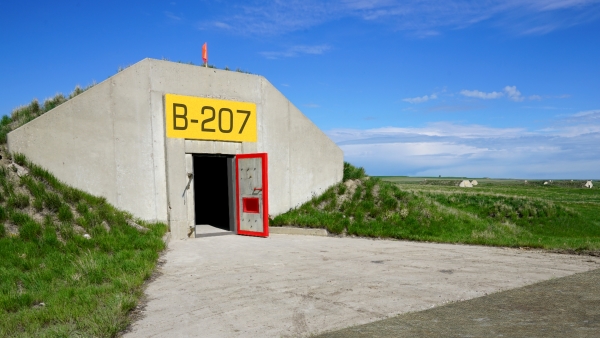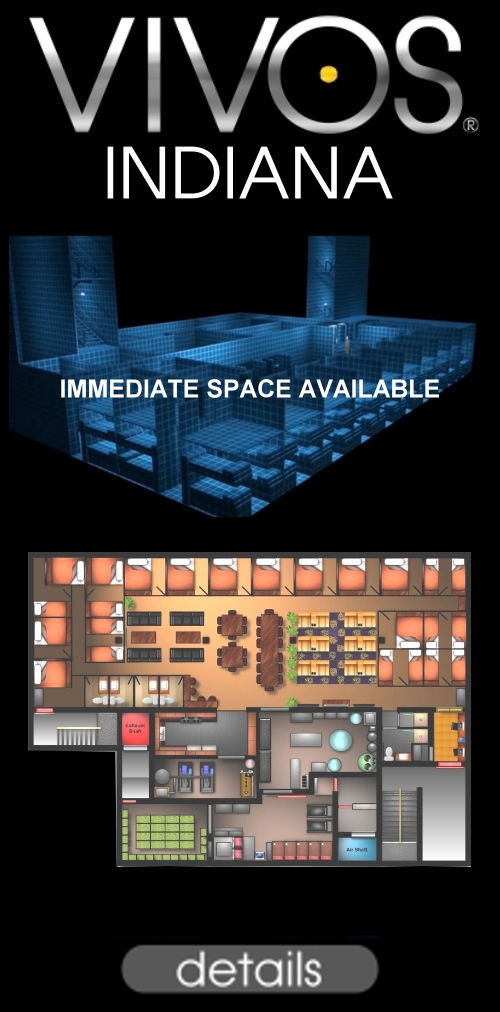Tech billionaires, who were once innovative and dreamed of colonizing Mars, now worry about society collapsing. They have luxurious retreats and carefully built fortresses for an uncertain future. These retreats show that the world is in a dangerous situation. However, these extravagant preparations raise ethical dilemmas and essential questions about responsibility, community, and survival.
Climate change, a specter haunting every corner of the globe, sits atop their list of nightmares. Elon Musk and Bill Gates are creators of fantastic technology. They imagine a future where weather becomes more extreme, resources become scarce, and many people are forced to move. Jeff Bezos and Warren Buffett are experts at making money. They worry that there won’t be enough water, land, or energy in the future, causing conflicts and making countries unstable.

Jack Dorsey and Peter Thiel are scared of technological disruption. They think automation will take away jobs from many people, inequality will get worse, and autonomous systems will be out of human control. Marc Benioff and Eric Schmidt created digital connectivity. They believe that political divides are worsening, social fabrics are unraveling, and people are losing trust in institutions. This is causing society to break apart.
Reid Hoffman and Mike Cannon-Brookes fear cybersecurity, a significant weakness in our connected world. They envision critical infrastructure crippled by cyberattacks, plunging societies into darkness and chaos. Elon Musk’s departure to Mars and Bill Gates’ focus on global health are both escapes and attempts to mitigate these anxieties.
The billionaires’ anxieties are not just words but are shown in extravagant fortresses. These fortresses are the ultimate symbol of escape. The old bunkers we imagined are gone. Instead, luxury apartments made from Cold War relics appear. They have swimming pools, spas, and movie theaters. This shows that even in the face of armageddon, people desire comfort. The ethicality of these havens for the privileged sparks outrage. Should resources dedicated to such opulence not be used to fortify the foundations of our collective future?

Billionaires play a disturbing game called “adoption for apocalypse” with children. Are they creating a community or taking advantage of innocence? These children, raised to expect society to collapse, face psychological severe effects. This raises important questions about their well-being and their role in this creepy chess game.
JC Cole, a maverick amongst billionaires, offers a different path. His Safe Haven Farms are not luxurious sanctuaries but self-sufficient havens coupled with a network of local farms. He argues this is not merely survival, but a proactive investment in sustainability, community, and collective resilience. He challenges the “prepper mentality” of isolation and fear, advocating for solutions that benefit all, not just the privileged few.

The anxieties of the tech billionaires are a harsh wake-up call. Our interconnected world is fragile. Our resources could be more secure. Collective action is urgent. Their preparations, while self-serving, offer a glimpse into the potential perils we face. But instead of succumbing to fear and retreat, it’s time we embrace Cole’s vision. We should use these worries to create a fairer, stronger future. In this future, everyone has the right to survive, not just a privileged few.

This is not just about billionaires and their bunkers. It’s about ensuring that every child inherits a future bathed in sunlight, not shrouded in the shadows of doomsday prep. It’s about recognizing that our survival is intertwined, that our fates are woven together on this fragile planet. We should choose to work together instead of being alone, to sustain our community instead of focusing on luxury. We should face challenges with hope, not fear, and find solutions by working together. This will lead to a future where we feel hopeful, not anxious.
Let’s not be bystanders in this unfolding drama. Let’s be the architects of a future where every life, not just the lives of the privileged few, is worth saving. We owe it to ourselves, our children, and the planet we call home. The time for action is now; the future is ours to write.


